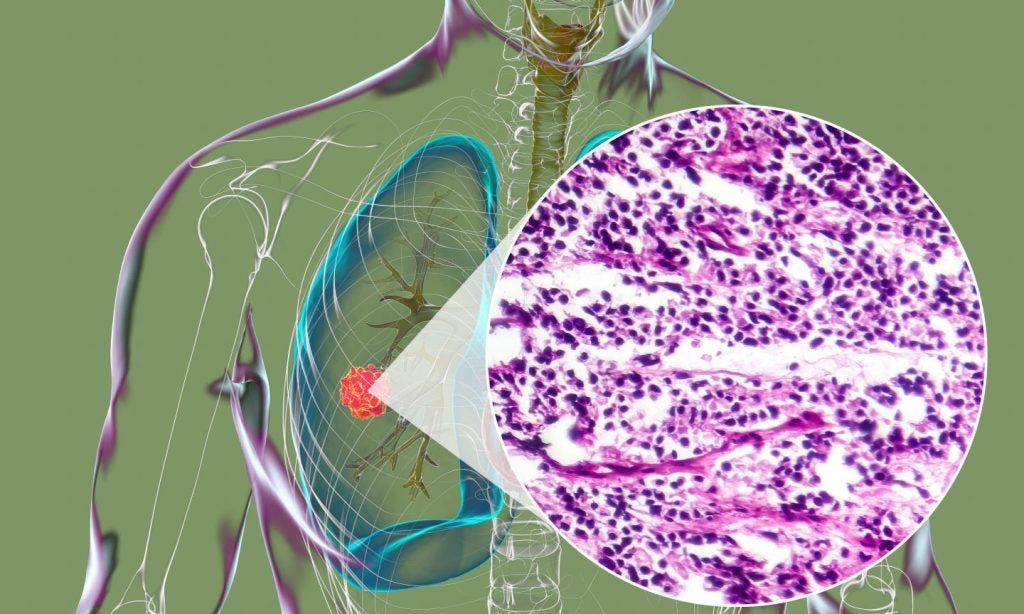
Novartis Pharma has signed an exclusive worldwide licence agreement for Legend Biotech Ireland’s Delta-like ligand protein 3 (DLL3)-targeting chimeric antigen receptor T-cell (CAR-T) cell therapies.
The agreement also seeks to advance Legend Biotech's autologous CAR-T cell therapy candidate, LB2102.
Novartis will gain rights for the development, production and commercialisation of the cell therapies.
Novartis intends to leverage its T-Charge platform for manufacturing the products.
Legend Biotech is entitled to receive an upfront payment of $100m from Novartis.
Novartis will make milestone payments of up to $1.01bn on meeting clinical, regulatory and commercial goals, apart from royalty payments on net product sales.
Legend Biotech will be responsible for carrying out a Phase I clinical trial of LB2102 in the US while Novartis oversees all other development activities for products licensed under the deal.
The US Food and Drug Administration (FDA) granted clearance for the investigational new drug application of Legend Biotech for LB2102 in 2022.
The company will now analyse the autologous CAR-T cell therapy candidate to treat extensive stage small cell lung cancer and large cell neuroendocrine carcinoma.
Legend Biotech Business Development chief scientific officer and head Guowei Fang stated: “We believe LB2102 has an innovative CAR design and armour mechanism that increases its anti-tumour activity.
“The preclinical evidence shows that an autologous CAR-T could be a differentiated treatment option for patients with small cell lung cancer.
“We are delighted that a combination of our unique candidate design in LB2102 with the T-Charge platform may potentially offer transformative benefits to small cell lung cancer patients.”
In early November 2023, the FDA approved Novartis’ Cosentyx (secukinumab) for treating moderate to severe hidradenitis suppurativa.
Cell & Gene Therapy coverage on Pharmaceutical Technology is supported by Cytiva.
Editorial content is independently produced and follows the highest standards of journalistic integrity. Topic sponsors are not involved in the creation of editorial content.









